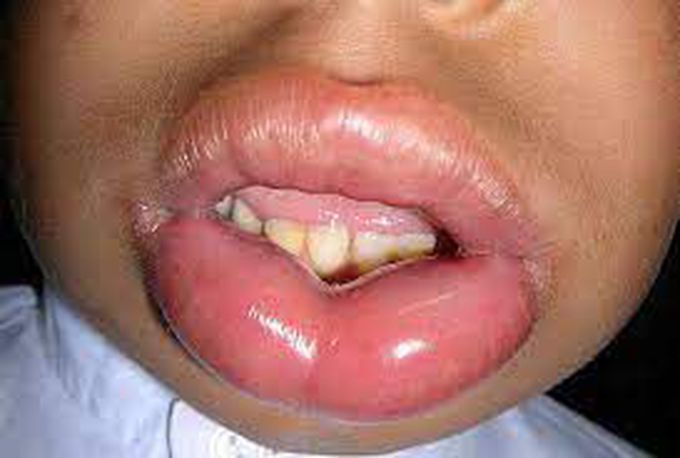


How is angioedema treated?
Treating angioedema depends on what kind of angioedema you have. For severe allergic reactions, you’ll often have injectable epinephrine to carry. You should administer this while calling 911. For allergic angioedema, your provider may suggest antihistamines or steroids. You may get them either in oral (pill or liquid) or intravenous (in the vein) form. If you have a non-allergic drug reaction, your provider will help you find a medication to replace the one that’s causing you to swell. Home remedies include things like using ice to reduce swelling or taking cool showers. These may work best on things like swelling in one place or all over your lip or a cool wet cloth over your swollen eyes. If you have hereditary, idiopathic or acquired C1 inhibitor deficiency angioedema, you’ll probably be referred to a specialist. Some medications that treat or prevent heredity angioedema include: C1 esterase inhibitor (recombinant) (Ruconest®). C1 inhibitor (human) (Berinert®, Cinryze®, Haegarda®). Ecallantide (Kalbitor®). Icatibant (Firazyr®). Lanadelumab (Takhzyro®). Berotralstat (Orladeyo®).

